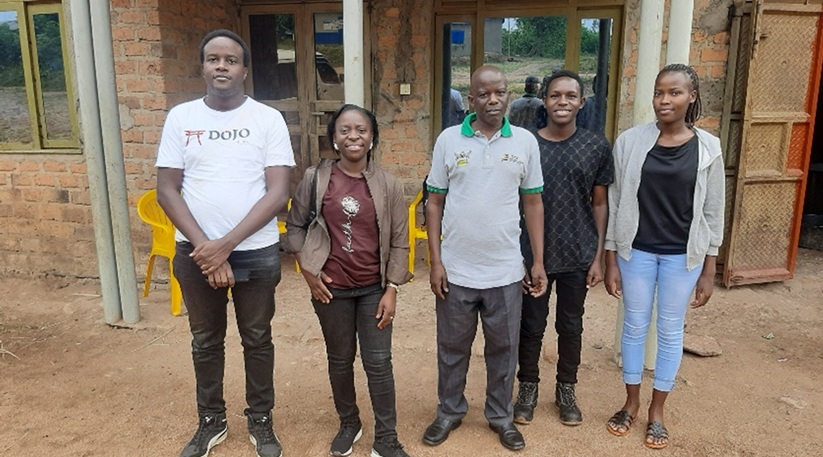This project, a collaboration under the ARUA/U21 Early Career Researcher Collaboration Award, aimed to address the significant energy and environmental challenges faced by off-grid rural communities in Ghana, South Africa, and Uganda. The core of the project was to investigate and propose sustainable, renewable energy solutions for domestic and agricultural applications to mitigate greenhouse gas (GHG) emissions and improve the quality of life for rural populations.
The project’s rationale stemmed from the observation that a large portion of the population in many African countries, particularly in Uganda, resides in rural areas and relies on agriculture for subsistence and income. These off-grid communities often lack adequate modern energy supplies, leading to environmental degradation through green cover reduction, GHG emissions like methane, and water contamination from agricultural activities. Agriculture is a major contributor to global GHG emissions, and this project sought to alleviate these emissions through proper waste management and the use of renewable energies.
The project was a collaborative effort involving researchers and institutions from across Africa.
Lead Institution:
Collaborating Institutions:
Individual Participants:

The project’s original objectives were clear and focused:
The project successfully met all its original objectives without any changes to the plan. The activities were divided among the participating institutions and included a combination of desk research, field surveys, data analysis, modeling, networking, and a dissemination workshop.
A key part of the methodology was a techno-economic simulation model, which was developed to evaluate the viability of various clean energy solutions. The model, built using MATLAB and Microsoft Excel, assessed both the technical suitability and financial aspects of the proposed solutions. It also calculated the CO2 emissions that could be avoided by implementing these clean energy interventions. The four clean energy solutions modeled were a stand-alone solar PV-powered microgrid, a hybrid solar PV-Biogas microgrid, a community-shared solar PV-powered water system, and energy-saving domestic firewood cookstoves. This modeling component was crucial for providing data-driven recommendations for the communities.
The project was a multi-national effort, with activities taking place in various locations across Ghana, South Africa, and Uganda. Desk research in Ghana was conducted at the University of Ghana and Kwame Nkrumah University of Science and Technology, while field surveys were carried out in the Central, Eastern, Volta, and Ashanti regions. In South Africa, the University of Johannesburg was the hub for desk research, with fieldwork also being conducted there. Makerere University in Uganda handled desk research, modeling, and simulation, and also conducted field surveys in districts from the central, eastern, and northern regions. Networking and the final dissemination workshop were held online, allowing all participants to collaborate effectively.
The project culminated in a final report and a manuscript, which detailed the findings and methodology. The work successfully established a research network and provided valuable insights into sustainable energy solutions for off-grid agricultural communities.